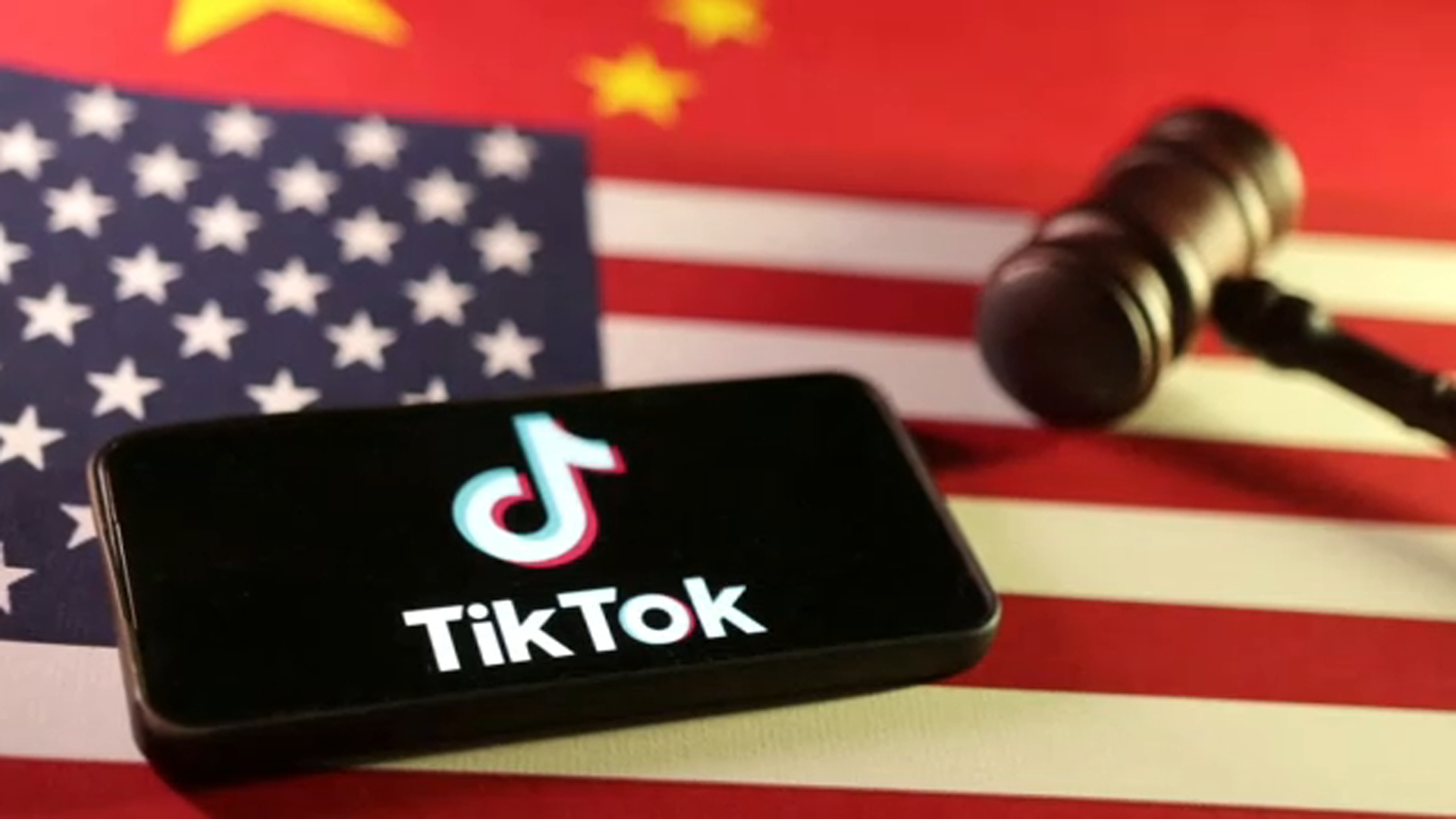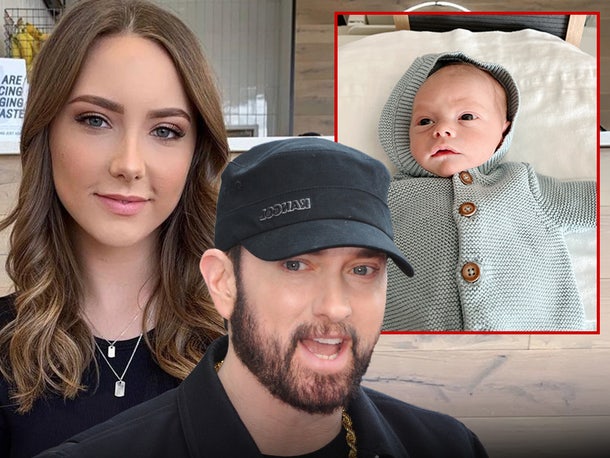When Trump talks tariffs, the world listens — but in places like Lesotho or Madagascar, they feel it in their paychecks.
While the political storm over trade in Washington grabs headlines, the ripple effect hits hardest in countries that barely make the footnotes. Lesotho — a tiny, landlocked country in southern Africa — just got slapped with a 50% tariff on goods it sends to the U.S. For a country that depends on exporting jeans to Levi’s or t-shirts to Walmart, that’s not a number — it’s a knockout punch.
Lesotho: One Factory Town Away from Collapse
Lesotho’s economy isn’t built on oil or tech. It’s stitched together in garment factories, mostly run by women, producing clothes under the African Growth and Opportunity Act (AGOA). In 2024, the country sent $237 million worth of goods to the U.S. That might sound small in Washington, but it’s massive for a country where a single factory job feeds an entire household.
Now? Those jobs are at risk. Factory managers are already looking at cutting shifts. Some are preparing to shut down completely. If this keeps up, entire communities could be gutted — and for what? Because Lesotho doesn’t import enough from the U.S. to balance the trade scale? That’s like billing your neighbor for not buying enough of your lemonade when she bakes the bread your whole street eats.
Madagascar Isn’t Far Behind
Madagascar’s in a similar bind. Their textile industry employs around 180,000 people, many of them women, many the sole breadwinners in their homes. The tariffs throw that entire sector into chaos. With AGOA’s future up in the air — it expires in September unless Congress renews it — manufacturers are panicking. Some are already exploring Asian markets, others are looking closer to home through the African Continental Free Trade Area. But the clock is ticking.
A Policy That Punishes the Poor
Here’s the kicker: the formula used to decide these tariffs seems backwards. Poorer countries — often ones that already import little from the U.S. — are getting the highest penalties. It’s like being fined for being too broke to shop at the rich kid’s store.
Critics are calling it what it is: economic punishment dressed up as trade policy. It’s short-term political calculus with long-term consequences for nations that did everything right under AGOA — built industries, created jobs, and played by the rules.
Where Does This End?
Trump’s message is clear: “Buy American.” But for small African countries whose entire economic future was built on trade deals with the U.S., the message reads more like “Sink or swim.” And the water’s rising.
Lesotho and Madagascar aren’t political pawns — they’re sovereign nations with millions of lives depending on the fine print of American trade policy. The question isn’t just whether the tariffs are fair. The question is: Who gets to decide which economies survive?







Leave a Reply